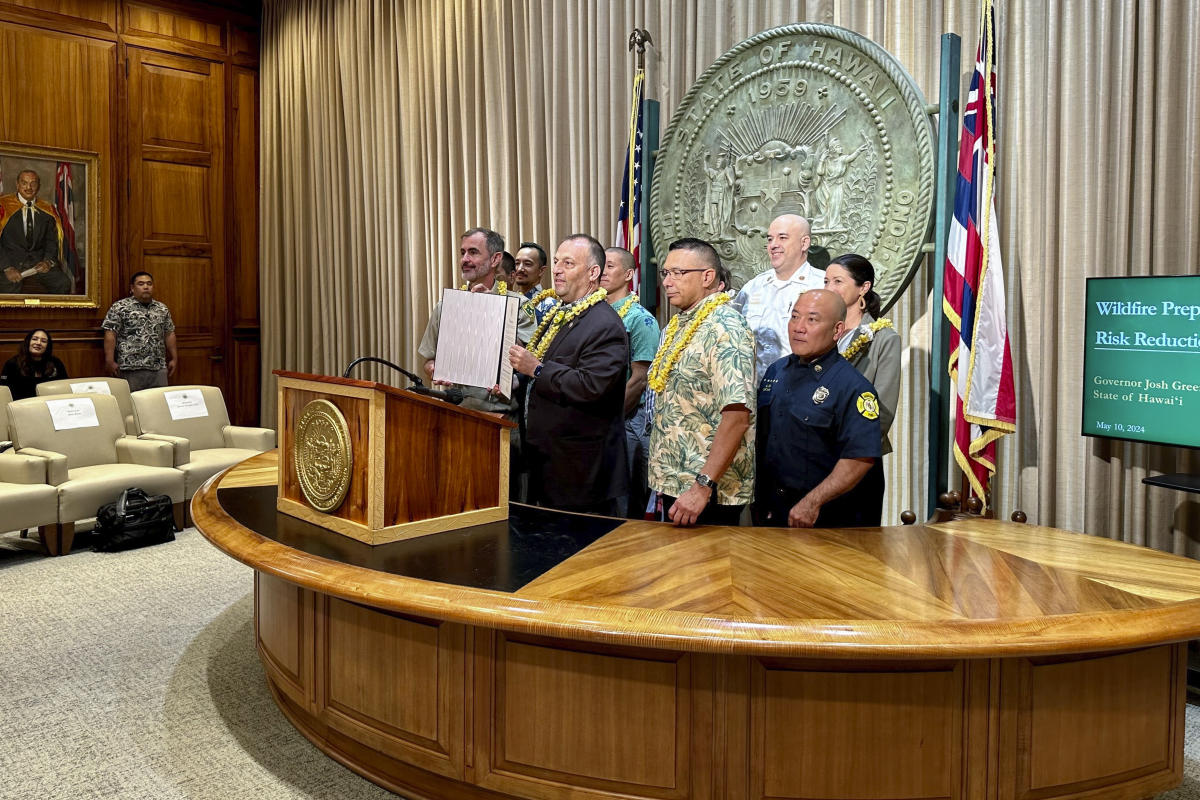Social Security is an essential piece of most Americans’ retirement plans. Roughly half of individuals 65 or older live in households where 50% of family income comes from Social Security. So making sure you’re getting the most from the government program is essential.
Married couples might be planning for one spouse to take spousal benefits. Social Security spousal benefits entitle one spouse to collect benefits based on the earnings record of the other spouse. They might be able to collect a higher benefit than if they claimed based solely on their own work history, providing a nice boost to the family income.
But there are some rules that could surprise you. Here are three to watch out for.

1. You can’t collect spousal benefits until your spouse claims retirement benefits
One thing that could trip up a lot of married couples is that in order to receive spousal benefits, both partners must claim Social Security.
That adds a lot of complexity to claiming decisions when you consider how it will affect the total household benefits. If the higher earner puts off the Social Security claim until age 70 to maximize the personal benefit, it could result in the other spouse having to settle for a lower benefit — or no benefit at all — until the higher earner gets around to claiming.
That said, you will be able to apply for Social Security benefits based on your own earnings record starting as early as age 62. Then, when your higher-earning spouse applies for Social Security and you become eligible for spousal benefits, the Social Security Administration will switch your benefit to the higher benefit.
2. You won’t earn delayed retirement credits
The maximum spousal benefit is 50% of your spouse’s primary insurance amount (PIA), which is the amount collected at full retirement age. It’s not 50% of your spouse’s maximum benefit, which can be increased through delayed retirement credits.
Individuals claiming benefits based on their own earnings history can earn delayed retirement credits equal to 8% of their primary insurance amount for each year they delay beyond full retirement age. Unfortunately, those collecting spousal benefits won’t get any extra cash.
Therefore, it rarely makes sense for anyone ultimately planning to take spousal benefits to delay a Social Security application beyond full retirement age. That’ll be age 67 for anyone born in 1960 or later. But those born in 1957 and 1958 will reach full retirement age at 66 and 6 months and 66 and 8 months, respectively. Those born in 1959 can claim their full retirement benefit 10 months after they turn 66 in 2025 or 2026.
3. You might receive a reduced benefit if you claim early
If you claim Social Security before you reach full retirement age, you might not receive as much in Social Security benefits as you were expecting. This is true even if you initially claim your own benefit and switch to a spousal benefit later, after your spouse claims their own benefit. So, don’t think that if you claim at 62 and then wait until 67 for your spouse to claim you’ll necessarily see a big step up in your benefits checks.
The following table shows how claiming early will impact your personal and spousal benefit for someone with a full retirement age of 67.
|
Age |
Percentage of Personal PIA |
Percentage of Spouse’s PIA |
|---|---|---|
|
62 |
70% |
32.5% |
|
63 |
75% |
35% |
|
64 |
80% |
37.5% |
|
65 |
86.67% |
41.67% |
|
66 |
93.33% |
45.83% |
|
67 |
100% |
50% |
Data source: Social Security Administration
The algebra can make planning Social Security claiming ages extremely complex. Even more so when there’s a significant age disparity between spouses.
While everyone’s situation is different, many retirees will maximize their household income by holding off on claiming benefits as long as their benefits are increasing. That’s full retirement age for a spouse that will take spousal benefits, and 70 for the higher-earning spouse.
The $21,756 Social Security bonus most retirees completely overlook
If you’re like most Americans, you’re a few years (or more) behind on your retirement savings. But a handful of little-known “Social Security secrets” could help ensure a boost in your retirement income. For example: one easy trick could pay you as much as $21,756 more… each year! Once you learn how to maximize your Social Security benefits, we think you could retire confidently with the peace of mind we’re all after. Simply click here to discover how to learn more about these strategies.
The Motley Fool has a disclosure policy.
Claiming Spousal Social Security Benefits? 3 Surprising Rules You Should Know. was originally published by The Motley Fool
Signup bonus from




